Books of the month: from Richard Powers’ Booker longlisted novel to Rachel Clarke’s Story of a Heart
Martin Chilton shares his September reading highlights

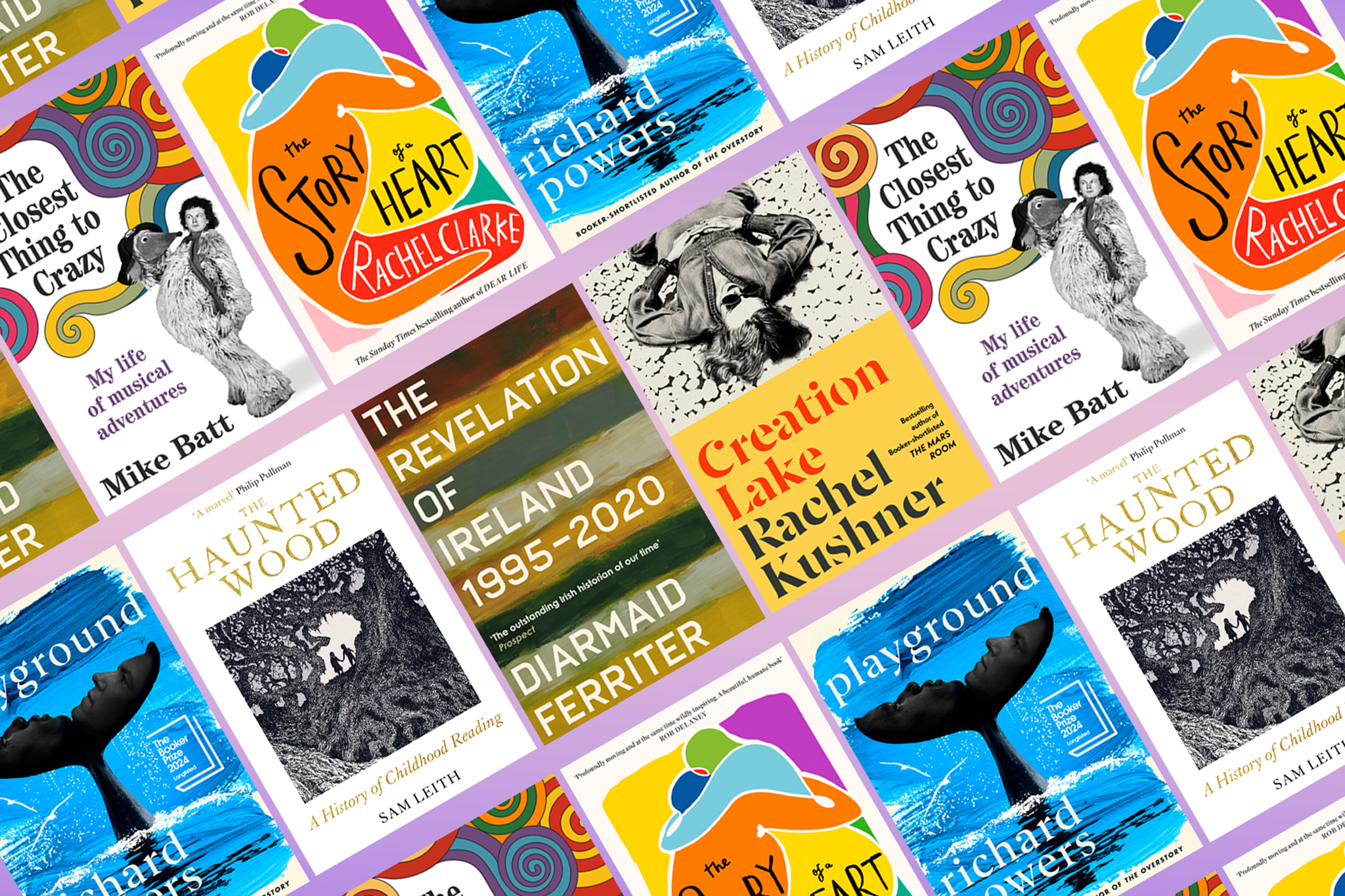
Albert Einstein fled potential Nazi assassins for a haven in the UK. In England, he practised violin, stunned academics with his extraordinary mind and endured the chore of attending grand balls at Christ Church College. In Andrew Robinson’s charming Einstein in Oxford (Bodleian Library Publishing), the German-born physicist reveals a droll side to his personality, including his observation on attending a dinner with 500 professors and students in dinner jackets and black gowns. “It was a bizarre as well as boring affair,” Einstein noted, in a diary entry in May 1931. “Of course the service is men only. One gets a slight idea of how horrible life would be without women. All in a kind of art basilica.”
Some rural villages have a natural “The League of Gentlemen feel”, something that came to mind reading the strange tale of a secluded Somerset country house, known as the “Abode of Love”. The story is told by Stuart Flinders in his intriguing history book A Very British Cult: Rogue Priests and the Abode of Love (Icon). The priests, including John Hugh Smyth-Pigott (known as “the Clapton Messiah”), exploited dozens of young girls and women. In 1909, the magazine John Bull referred to the way Smyth-Pigott “betrayed the innocent against their will”. Flinders says “the behaviour suggests rape”. Worth remembering when a politician repeats the cliché about grand “Victorian Values”.
Wonderful illustrations accompany charming prose in Simon Pollock’s I Love Suburbia: The Joys of Life on London’s Outskirts (Hutchinson Heinemann). Anyone who has seen the stuffed Walrus in the Horniman Museum will smile at his description: “The skins were sent from Canada to a Victorian taxidermist who’d never seen a one before – and they clearly didn’t know that a walrus had saggy folds, so just kept stuffing it until the skin was tight, resulting in a sort of walrus bouncy castle.”
Perhaps the most disturbing history book of the month is Wright Thompson’s The Barn: The Murder of Emmett Till and the Cradle of American Racism (Hutchinson Heinemann), which powerfully pieces together the true story of a horrific murder in the Mississippi Delta in 1955.
Finally, a hard recommend (from a man) for Marina Gerner’s The Vagina Business: The Innovative Breakthroughs That Could Change Everything in Women’s Health (Icon). Gerner has an engaging tone for what is an important and shocking book about how female pain has been ignored and normalised for centuries. Gerner addresses new ways in which society could address health issues in women, including life-saving “smart bras”, an urgent requirement given that heart disease is the number one killer of women in the developed world and yet only one-third of participants in clinical trials are female. Her book also deals with fertility, contraception, “femtech”, menopause and the many, many taboos around women’s bodies that need breaking.
Booker longlisted novels by Richard Powers and Rachel Kushner and non-fiction books by Sam Leith, Diarmaid Ferriter, Rachel Clarke, and Mike Batt are reviewed in full below.
The Haunted Wood: A History of Childhood Reading by Sam Leith ★★★★★
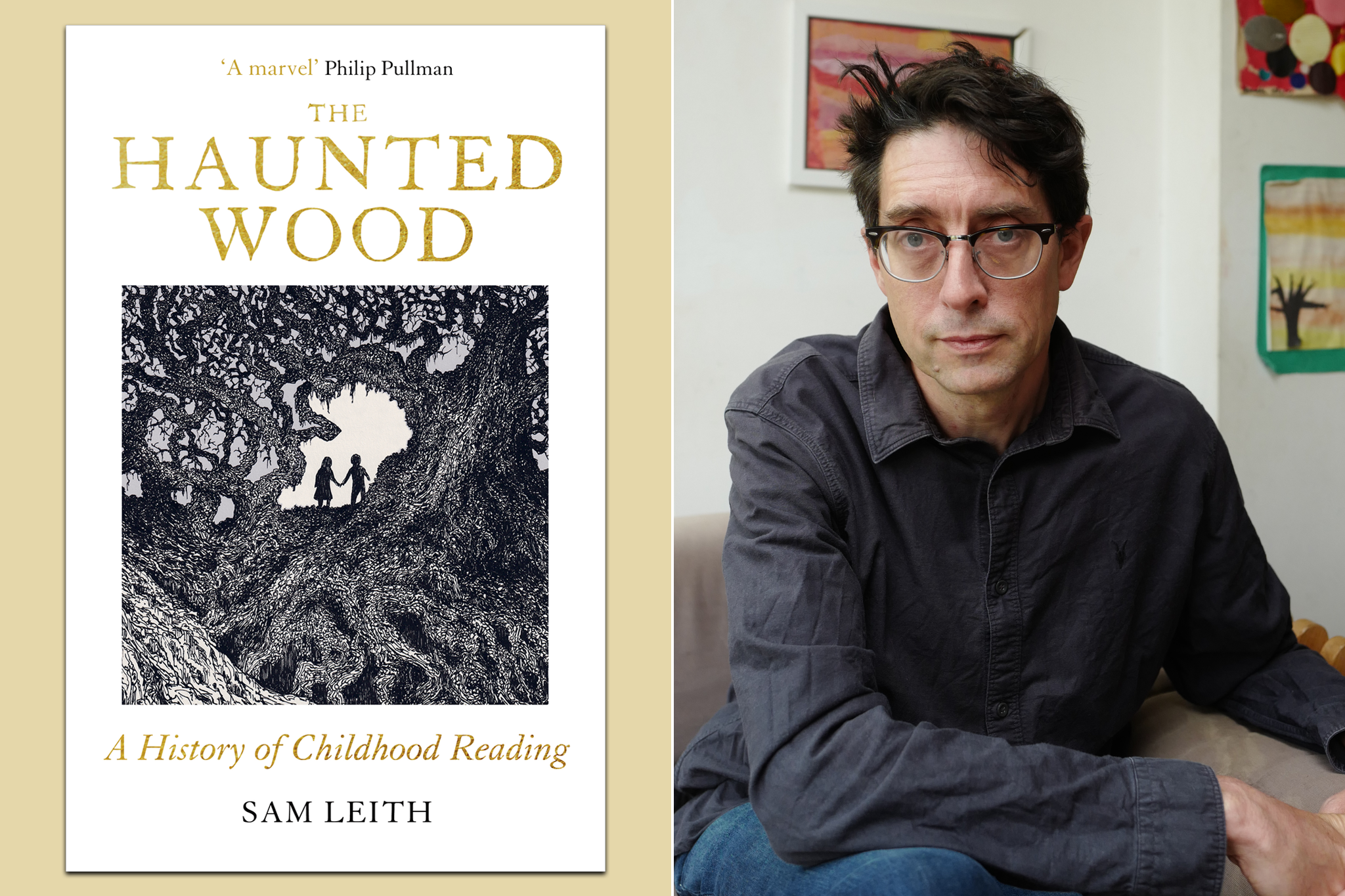
“Children’s literature is the platform on which everything else is built,” writes Sam Leith, Literary Editor of The Spectator, in the prologue to his superb The Haunted Wood: A History of Childhood Reading. Over 500 or so pages, Leith covers a vast amount of territory, from Aesop’s Fables to Cressida Cowell’s How to Train Your Dragon.
The book’s descriptions and analysis are full of context, humour and enthusiasm, as Leith celebrates the magic of endearing stories. My favourite chapter, perhaps simply for the nostalgia of the memories it brought back from my children’s joy in reading, was “A Thousand Words”. This section, about picture books, made me marvel afresh at the skill of so many great children’s writers and illustrators, including Allan Ahlberg (Each Peach Pear Plum) and Lynley Dodd (Hairy Maclary from Donaldson’s Dairy), just two, among dozens, that Leith praises for their skilled use of structure, with repetitions, refrains and the rhythm of spreads and page turns.
The Haunted Wood is a feast of a book and one of 2024’s must-haves.
The Haunted Wood: A History of Childhood Reading by Sam Leith is published by OneWorld on 5 September, £25
The Revelation of Ireland: 1995-2020 by Diarmaid Ferriter ★★★★☆
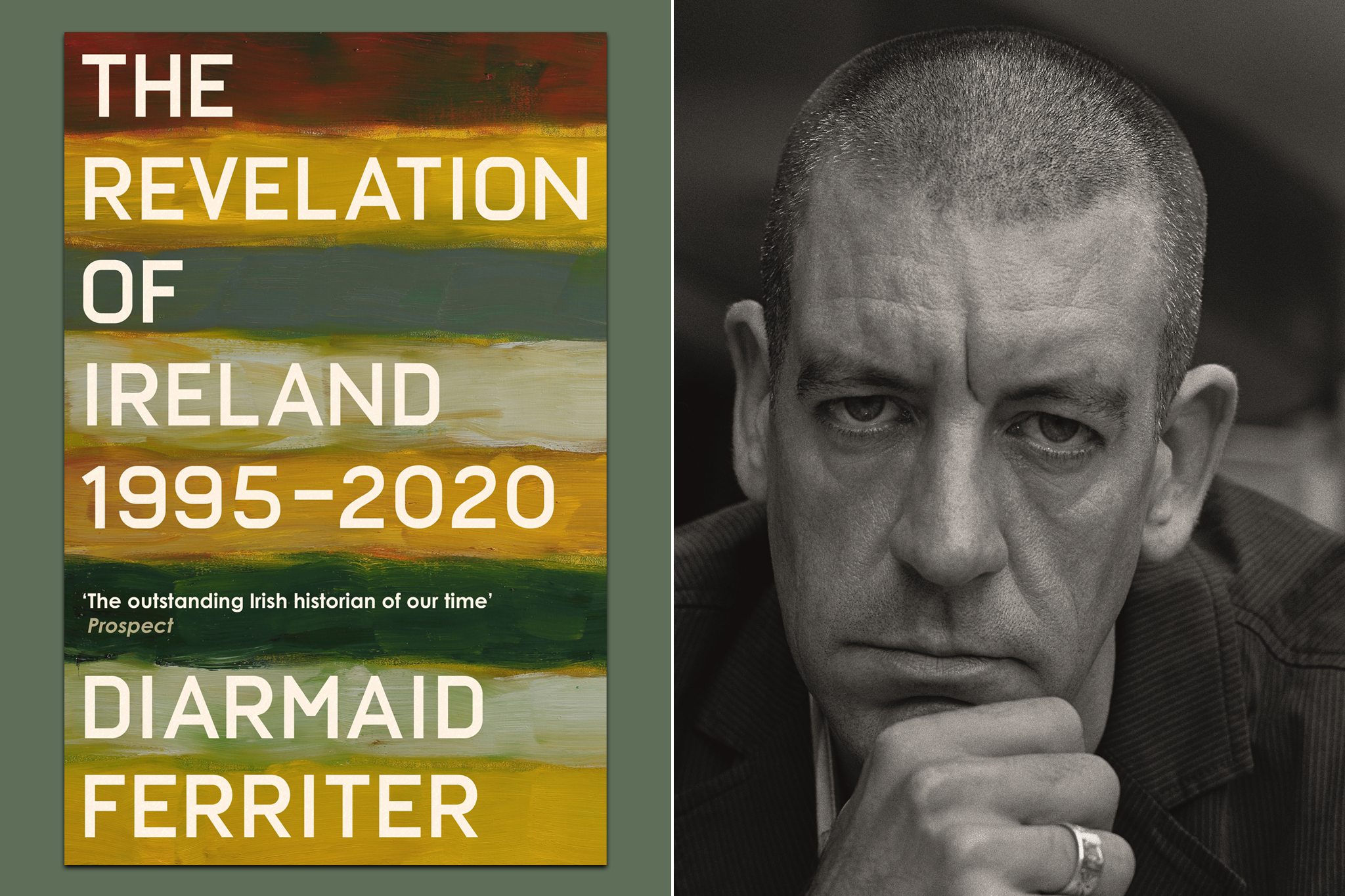
It would have been unthinkable once, but in 2004 research on the quality of life in Ireland found that just nine per cent of respondents trusted the Church “a great deal” to be “honest and fair”. The appalling levels of violence and sexual assault perpetrated by priests and nuns were perhaps the most obvious reason for this loss of trust.
Ireland’s recent history has been tumultuous and in The Revelation of Ireland: 1995-2020, Diarmaid Ferriter, professor of modern history at University College Dublin, recounts that when Pope John Paul II visited a convent in Dublin in 1979, journalists serenaded him with “He’s Got the Whole World in His Hands”. This display of “mass hysterical subservience” (in Ferriter’s neat phrase) sits uneasily with the fact that during the papal visit a boy was raped in St Joseph’s Industrial School in Clonmel by a Rosminian Brother, a crime kept secret until the Ryan Commission in 2004.
Ferriter’s excellent account covers a sweeping amount of change in a small period, including the Celtic Tiger boom, the debate about abortion and the road to peace in Northern Ireland.
The Revelation of Ireland: 1995-2020 by Diarmaid Ferriter is published by Profile Books on 5 September, £25
The Story of a Heart by Rachel Clarke ★★★★☆

Imagine being a heart surgeon. As Dr Rachel Clarke says, in The Story of a Heart, “which of us would dare to run the gauntlet of an opened heart? To inhabit by choice a blood-soaked world in which the life of a nine-year-old boy hangs on whether you can stop your fingers trembling?”
The nine-year-old boy, in this case, was Max, who was given the heart of Keira, a girl of the same age who suffered catastrophic injuries in a car crash. Clarke, the author of the superb Dear Life and the coruscating Covid expose Breathtaking, is the right person to tell the extraordinary story of how one family’s grief was transformed into a lifesaving act of generosity.
The Story of a Heart is tender and inspiring and displays all Clarke’s usual compassion for the dead and why they deserve to be honoured.
The Story of a Heart by Rachel Clarke is published by Abacus on 5 September, £22
Creation Lake by Rachel Kushner ★★★☆☆

In Creation Lake, 34-year-old Sadie Smith – an American freelance undercover agent with remarkable skills for espionage – is sent to infiltrate a commune of radical eco-activists in a remote part of France. Smith, who used to work for the FBI, has to get inside the mind of Bruno Lacombe, an elder who lives in a Neanderthal cave and believes the world would be more enlightened if we all returned to primitivism.
The Booker-longlisted novel is not a straightforward spy thriller: amid the cat-and-mouse games, there are a lot of philosophical debates around Neanderthal and Homo sapiens history. Even though the cynical puppet master Sadie (“the world is lawless and chaotic and random”) is a constantly interesting and maudlin protagonist, I did find the 400 pages a curious mix of enjoyment and endurance.
Creation Lake by Rachel Kushner is published by Jonathan Cape on 5 September, £18.99
Playground by Richard Powers ★★★★☆
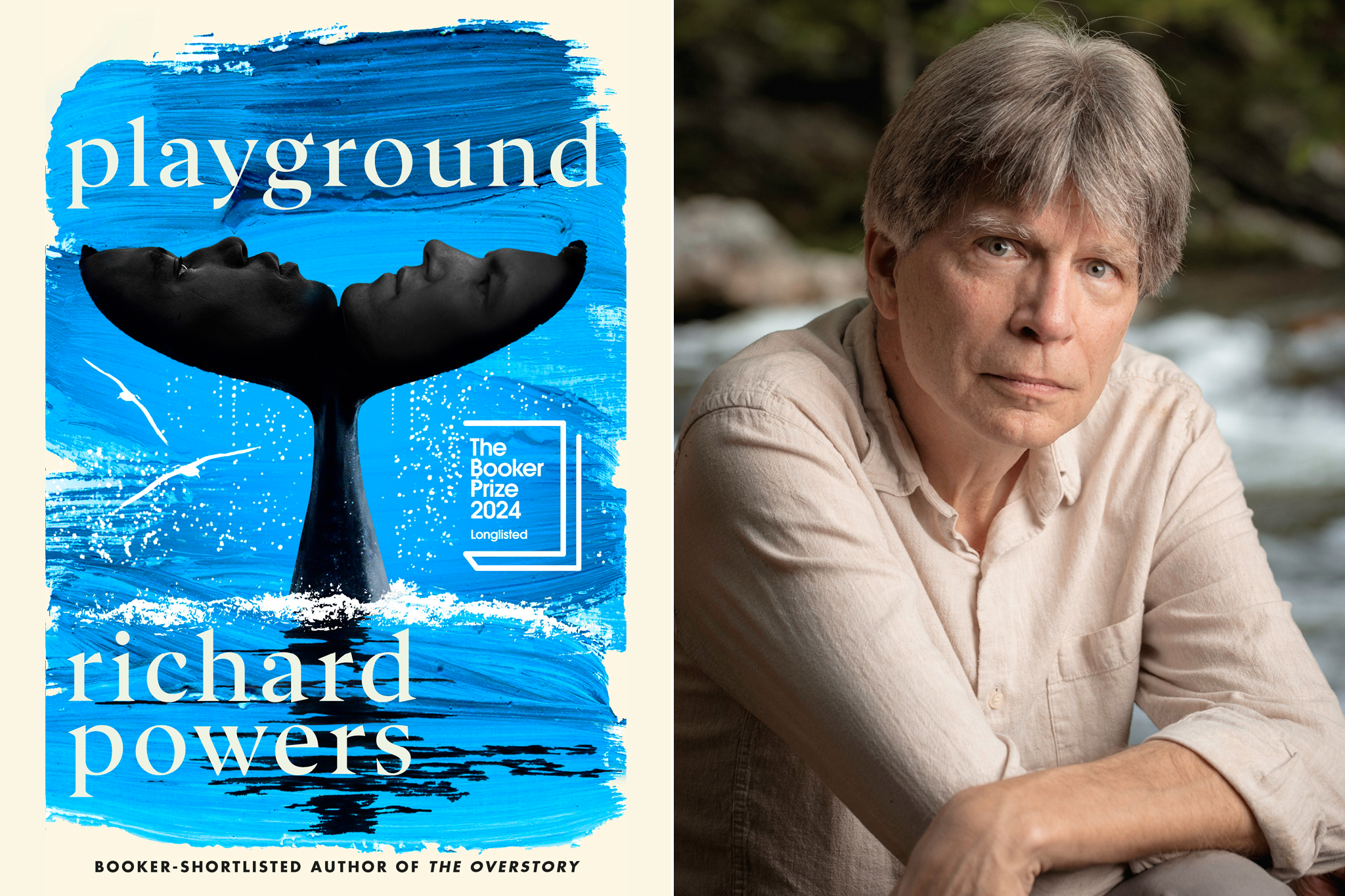
Pulitzer-Prize winning author Richard Powers’s Playground is a compelling, eloquent love letter to what he calls this “fading” planet.
This complex, time-and-narrator-shifting Booker-longlisted novel has four main characters: Rafi and Todd, two very different geeky students who bond over an ancient board game and whose friendship is fractured when the latter becomes supremely rich after marketing a computer game called “Playground” (the novel has interesting things to say about “the brutal penalties of success”); along with prodigy deep sea diver Evie Beaulieu and Ina Aroita, who grew up in naval bases across the Pacific. As their lives intersect on the island of Makatea in French Polynesia, Powers explores the oceans, technology and the environment.
There is a lot going on in Playground, with reflections on power, nature and friendship in a book with well-drawn protagonists and graceful prose. It is a story that rewards a slow read for full immersement.
One of the most affecting things about Playground is the way Powers deals with the dementia of the elderly Todd. His reflection that “no matter how I go, it will be the death of dazed animal”, is a line that will stick with anyone who has seen a relative disintegrate that way.
Playground by Richard Powers is published by Hutchinson Heinemann on 26 September, £20
The Closest Thing to Crazy: My Life of Musical Adventures by Mike Batt ★★★☆☆
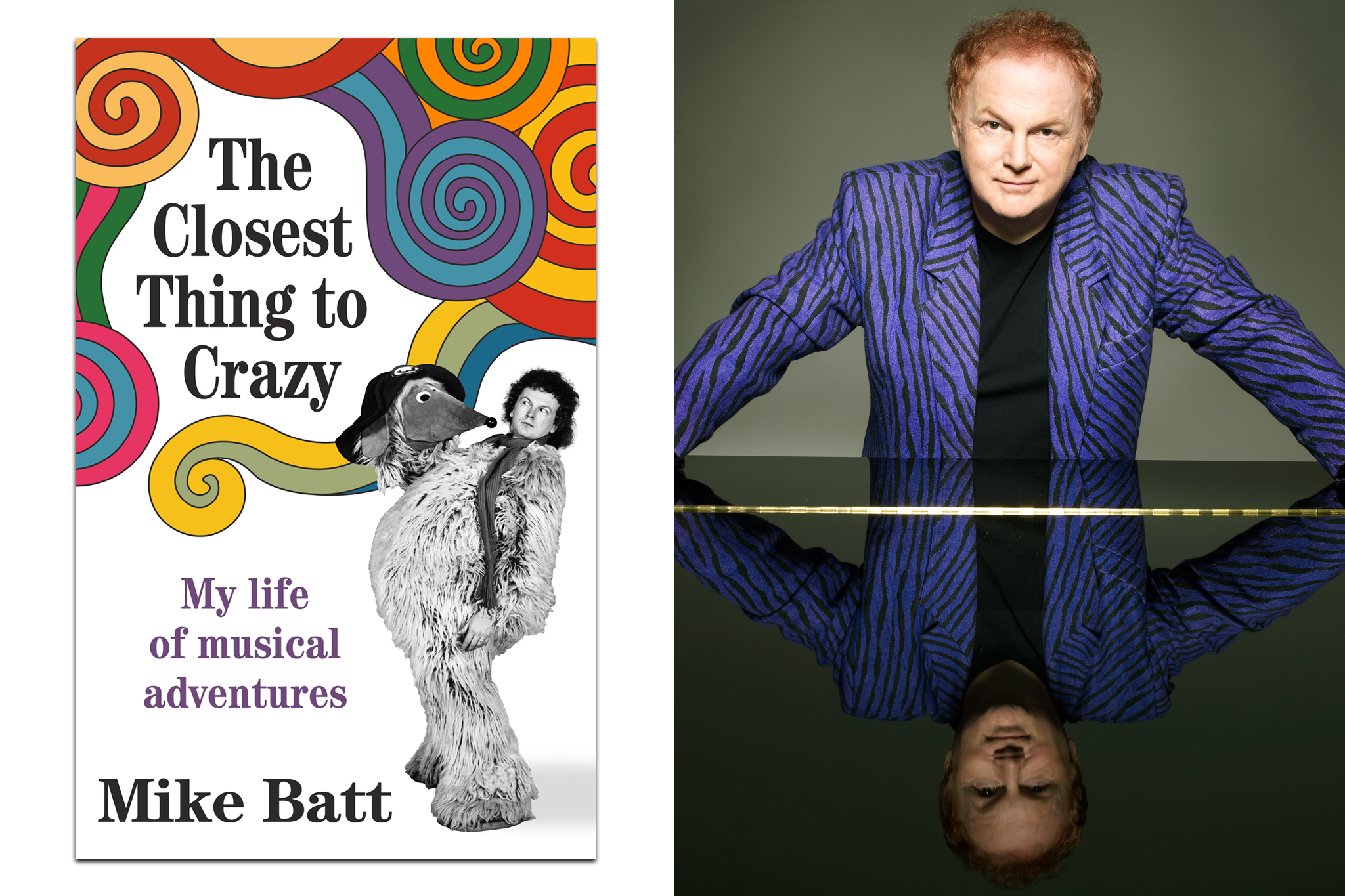
Music helped make The Wombles the most famous furry rubbish collectors in the world. At 23, Mike Batt was astute enough to forgo the £200 fee for writing the theme tune to the famous children’s TV show, in favour of keeping the character rights for any musical production. His fun songs produced eight Top 30 hits and four gold albums. I enjoyed the Wombles tales in his memoir The Closest Thing to Crazy: My Life of Musical Adventures, especially the account of what it was actually like to wear the iconic suits (made by his mother). They ended up covered in layers of sweat like “cold, putrid jelly”, prompting a boy in a lift to say, “Hey, Mom, that Womble stinks.”
The prose is pretty basic as Batt, the songwriter, producer and arranger who turned 75 in February, recounts amusing tales of mixing with Abba, Paul McCartney, Art Garfunkel, Rod Stewart, Sting, John Hurt, David Essex, Prince and Brian May. I enjoyed his inside account of the ups and downs of the music industry, and his accomplished work with Elkie Brooks, Steeleye Span and Katie Melua. His grasp of the absurdities of life is at its best in his tale of sailing the world on his boat Braemar. I also liked his passion for jazz musicians such as Blossom Dearie, Bill Evans and Stéphane Grappelli – and his tale about the kindness of Tubby Hayes is genuinely heartwarming.
There are downsides, though, including his old-man descriptions of attractive young women, although he does have the candour to admit that some girlfriends just became “song-fodder”. I was also left cold by descriptions of his acrimonious divorce. The book, which at times is full of enthusiasm, turns bitter when he deals with the snarky critics who delivered stinging reviews of his costly 1991 theatrical show The Hunting of the Snark. Batt claims the critics “seemed to hate me”, and he calls them “bastards” and “c***s”. The failure of the musical left him in a financial hole and “severely clinically depressed”.
However, The Closest Thing to Crazy makes clear that if there is one thing Batt possesses, it is the spirit to bounce back; and his memoir concludes on a positive note, with talk of all the thrilling things he still plans to accomplish.
The Closest Thing to Crazy: My Life of Musical Adventures by Mike Batt is published by Nine Eight on 26 September, £22
Join our commenting forum
Join thought-provoking conversations, follow other Independent readers and see their replies
Comments
Bookmark popover
Removed from bookmarks